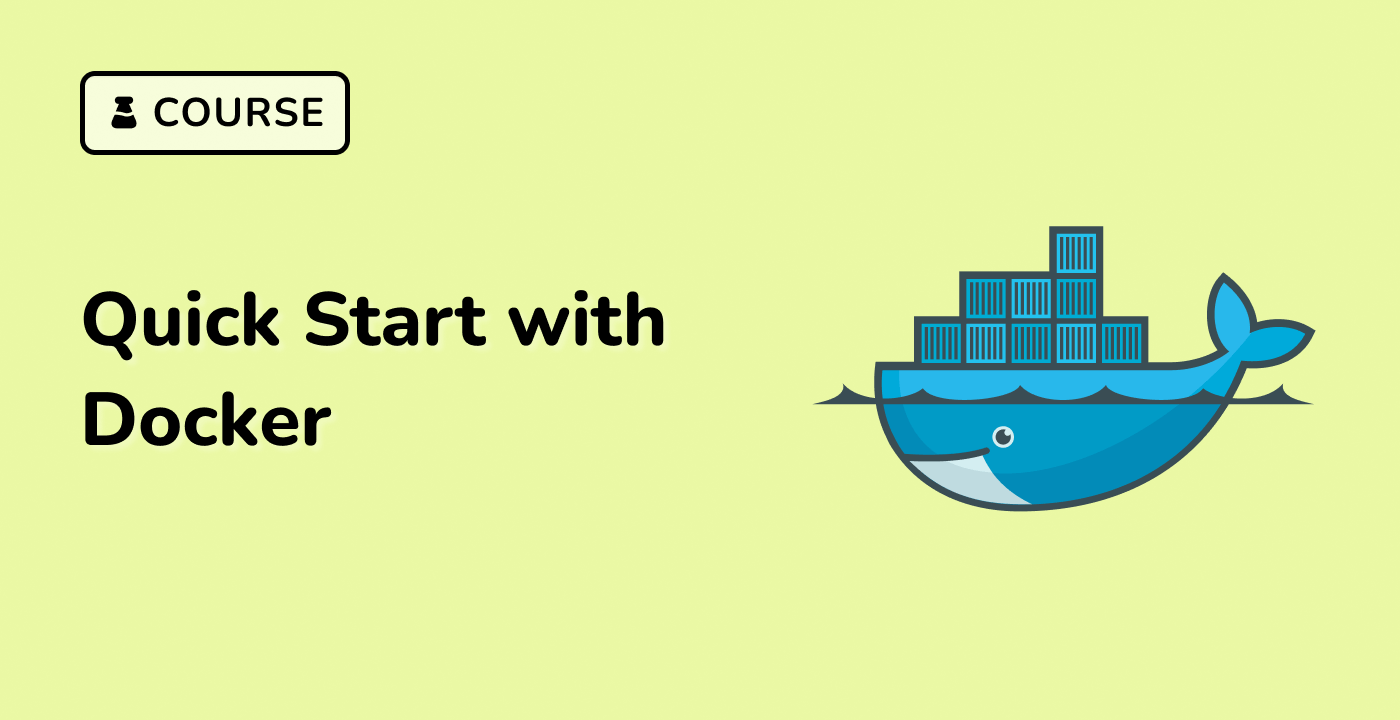Advanced Compose Techniques
Service Scaling and Load Balancing
graph TD
A[Load Balancer] --> B[Service Replica 1]
A --> C[Service Replica 2]
A --> D[Service Replica 3]
Scaling Configuration
version: "3.8"
services:
web:
image: nginx:latest
deploy:
replicas: 3
update_config:
parallelism: 1
delay: 10s
ports:
- "80:80"
Dynamic Service Management
| Technique |
Command |
Description |
| Scale Services |
docker compose up --scale web=5 |
Dynamically adjust container count |
| Rolling Updates |
docker compose up --force-recreate |
Update services with minimal downtime |
| Selective Deployment |
docker compose up service1 service2 |
Deploy specific services |
Production-Ready Deployment Strategies
## Validate configuration
docker compose config
## Dry run deployment
docker compose up --dry-run
## Production deployment
docker compose up -d --remove-orphans
Container Health Checks
services:
web:
image: myapp:latest
healthcheck:
test: ["CMD", "curl", "-f", "
interval: 30s
timeout: 10s
retries: 3
Advanced Networking
graph LR
A[Custom Network] --> B[Internal Communication]
A --> C[External Access]
A --> D[Service Discovery]
Monitoring and Logging
## Real-time service logs
docker compose logs -f
## Resource monitoring
docker compose top
## Performance metrics
docker stats
Multi-Environment Configuration
version: "3.8"
services:
web:
image: myapp:${ENV:-development}
environment:
- DATABASE_URL=${DATABASE_URL}
Secrets Management
## Create Docker secrets
echo "database_password" | docker secret create db_password -
## Use secrets in compose file
services:
database:
secrets:
- db_password




